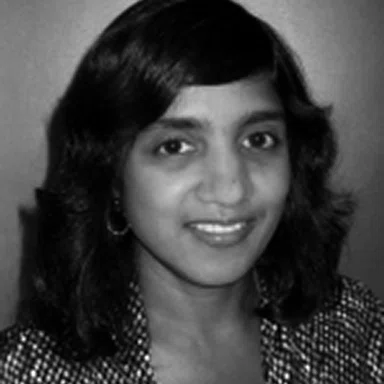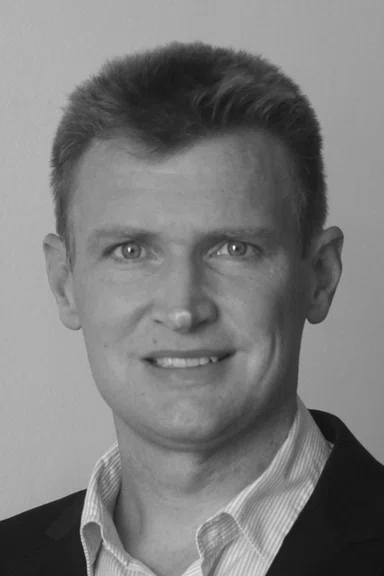result


PREVIOUS
${prev-page}
NEXT
${next-page}
Subscribe Now
Manage Subscription
FOLLOW US
Contact Us • Cookie Preferences • Privacy Policy • California Privacy PolicyDo Not Sell or Share My Personal Information • Terms & Conditions • Security
© 2024 GE HealthCare. GE is a trademark of General Electric Company. Used under trademark license.
NEWS
New GE editorial board members
New GE editorial board members
Sheila is a long-term technology employee of GE Healthcare with over 30 years of experience in the Magnetic Resonance division. Her education in electrical engineering and computer science enabled her to work across diverse projects in software, systems, research and clinical applications.
"I joined GE on the Edison Engineering Leadership Program, and my favorite assignment was working in MR on the development of EPI," Sheila says. "I was fascinated with the technology and the impact MR has on patients' lives."
As Digital Product Manager, Sheila works with the research and development teams to bring automation and AI into the product. One of the most rewarding aspects of Sheila's job at GE is the ability to interact directly with technologists and radiologists to improve the user experience. As part of this effort, she led the development and regulatory clearance of AIR™ Recon DL, GE's pioneering deep-learning reconstruction technique. This experience was professionally rewarding, and reinforced her belief that AI will have an important role in medical imaging.
"AI is a new tool enabling us to address problems we couldn't tackle before. Over the next five years, we'll see broader adoption of AI and automation into all aspects of the workflow, from scheduling and scanning to reading and reporting."
Sheila Washburn
Understanding how technology can help medicine be more precise in detecting disease and patient care pathways, as well as connecting engineering and physics with medical applications, is what drives Thomas' passion for MR in his career at GE. After his post-doctoral studies in neuroradiology, he spent nine years at a diagnostic imaging company in Rio de Janeiro working with radiologists and technologies to validate new MR imaging techniques and study the impact on diagnosing diseases. He credits this experience with providing him the foundation for a successful career at GE.
"There are so many opportunities in MR research, even 40 years after it was first introduced as a clinical application," Thomas says. "It is based on quantum physics, which opens many doors for exploration including new biomarkers of different diseases."
"Just when you think you have a good knowledge of MR, something new appears, so we are continuously studying and following all these advancements."
Dr. Thomas Doring
Thomas approaches each day as a new learning experience, whether it's from his colleagues or clinical partners in Latin America. He enjoys working with customers to help them generate clinical evidence through scientific and patient case studies, and is proud of this collaboration that demonstrates the successful application of new MR technologies in the region.
He also believes that AI will have a strong impact on the future of MR imaging.
"AI will become more prevalent in new applications that will assist clinicians through higher diagnostic accuracy, increasing patient comfort and their experience, and improving productivity and throughput. I believe it is through MR with AI that we can approach the goal of precision medicine," he adds.










